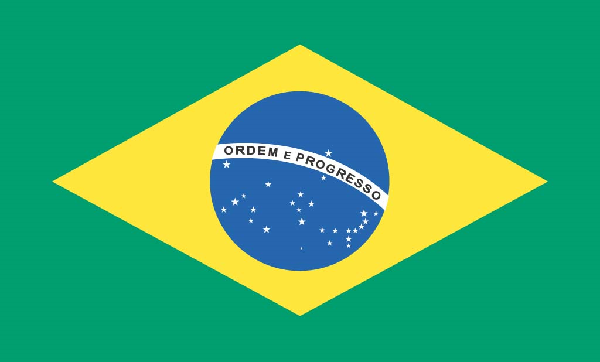Country Profile: Brazil
Euromonitor expert highlights the challenges and opportunities in the massive Brazil hair care market

Can you explain about the basic culture of the Brazil hair care market?
For Brazilian women, hair is one of the greatest concerns regarding beauty patterns. Beautiful and well treated hair is very important for the image of Brazilians, no matter how young or old, or the economic class that each consumer belongs to. Taking care of hair is not only a routine, it is a tradition.
Why does the average Brazilian spend so much time and money on their hair care routine?
Brazilians spend lots of money and time with their hair care routine for two main reasons: First, having beautiful hair is an important part of social acceptance in the country. Having well-treated, beautiful hair is key for high self-esteem. The second reason is linked to the fact that a large number of Brazilians have afro-ethnic hair, which requires more time treating, to guarantee frizz control and deep hydration. Also, it is important to remember that Brazil is a tropical country, and as a result, women need to wash their hair every day, and in some regions such as North and Northeast, where it is extremely hot, sometimes women need to wash their hair twice daily, which contributes to the increase in the consumption of hair care products.
What type of hair care products are Brazilians looking for right now?
Right now, Brazilians are into after-shampoo products and treatments, such as comb cream, deep hydration mascaras, hair oils, leave-in conditioners and beauty vial, just to name a few. Products that provide multi-benefits, such as deep hydration, extra shine, moisturise, frizz control, age defying, among others, are the most popular in Brazil.
Has the economic downturn affected hair care consumption patterns? If so, how?
Yes, the economic slowdown started to affect the beauty and personal care segment as a whole. However, hair care is being affected, but not with so much intensity as other categories. To save money during the economic slowdown, as everything is becoming more expensive due to the high inflation rate, consumers are reducing the purchase of hair oils, hair mascaras, etc. Consumers continue to buy those items, but at a slower pace, comparing prices and brand performance.
What about the natural and organic hair care market? Is that still thriving?
Natural and organic hair care is still a niche in Brazil. It is performing well, however, it is still a small base compared to the total hair care segment in Brazil.
What are the main domestic players on the market, and do they dominate it?
Main domestic players are Embelleze, Hypermarcas and Natura Cosméticos. The hair care category is dominated by international players such as L’Oréal, Unilever and Procter & Gamble.
What do you see for the future of the hair care market in Brazil? Recovery? Further growth?
Brazil already has an elevated per capita consumption of hair care, however it is expected that this segment will continue to grow in value, since manufacturers are investing in new improved formulations, while consumers are willing to pay more for value added products. The volume growth will also continue over the future, but at a slower pace compared to value growth.







